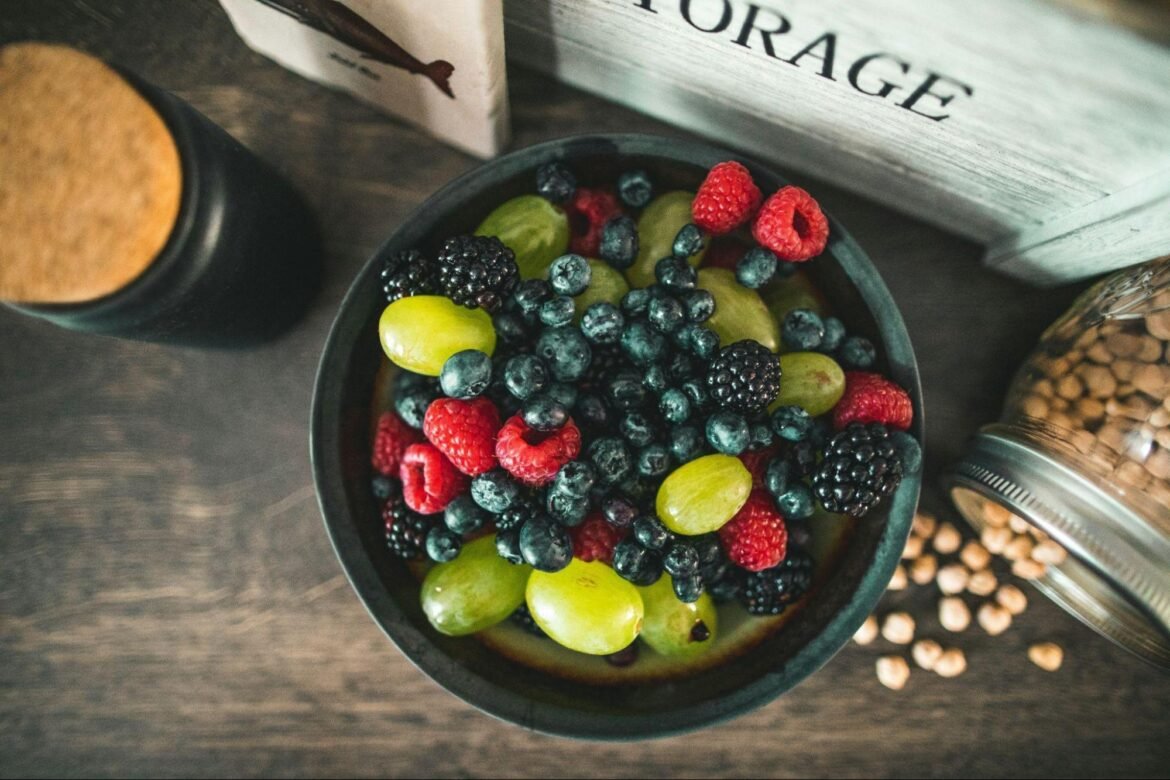Let’s be honest, modern life can feel like an energy drain. Between work, news cycles, and the notifications we can never quite silence, mental clarity and emotional balance often get lost in the shuffle. While some people explore stress relief tools like Budpop to wind down, the truth is that your daily energy often starts on your plate.
You don’t need a boutique smoothie bar or expensive adaptogen powders to nourish your brain. In fact, some of the most affordable foods in your pantry can dramatically improve how you feel and function. Let’s explore how simple nutrition shifts can fuel your mind without emptying your wallet.
Why Mood and Food Are More Connected Than You Think
The brain uses more energy than any other organ, up to 20% of the body’s total. And just like a car runs better on clean fuel, your brain performs best when you feed it the right nutrients. The gut-brain axis, a complex communication system between your digestive tract and central nervous system, means what you eat literally affects how you feel.
Mood swings, low focus, anxious jitters? These aren’t just “in your head.” They’re often linked to blood sugar crashes, nutrient deficiencies, or inflammation triggered by poor diet choices.
According to the NHS, eating regularly, staying hydrated, and limiting ultra-processed foods all contribute significantly to better mood stability.
Affordable Brain-Boosting Foods

Image from Unsplash
Here are cost-effective ingredients that can elevate your mood, sharpen focus, and keep your energy steady throughout the day.
1. Oats
A humble bowl of oats provides slow-releasing carbs that stabilize blood sugar and promote serotonin, your body’s natural mood stabilizer. Go for rolled or steel-cut oats, and sweeten naturally with fruit or cinnamon.
2. Eggs
Eggs are a powerhouse of brain fuel. Packed with choline, which supports memory and neurotransmitter production, they’re also budget-friendly and incredibly versatile.
3. Bananas
Cheap, portable, and packed with potassium and vitamin B6, essential for dopamine production. They make a perfect on-the-go energy booster.
4. Canned Fish (Like Sardines or Tuna)
High in omega-3 fatty acids, these are proven mood enhancers. Omega-3s reduce inflammation and support brain structure. Canned options are shelf-stable and often under a pound per serving.
5. Lentils and Beans
Plant-based protein and complex carbs? Check. Lentils also provide folate, which plays a critical role in mood regulation. Cook a big batch and stretch it across meals.
6. Nuts and Seeds
A small handful of sunflower seeds or peanuts can offer a solid dose of magnesium, vitamin E, and healthy fats. Buy in bulk to save more.
7. Leafy Greens
Spinach, kale, or even frozen mixed greens are rich in folate and fiber. They’re known to combat fatigue and help balance hormones linked to mood.
Hydration: The Overlooked Key
Even mild dehydration can impair attention, memory, and mood. Water is free (or nearly so). Herbal teas, especially those with calming herbs like chamomile or peppermint, are another great option to soothe your nervous system.
Avoid energy drinks or high-sugar sodas. They spike you fast, then drop you hard.
Budget-Savvy Meal Tips
You don’t have to be a chef or nutritionist to create brain-healthy meals. Here are a few practical ways to keep it affordable:
- Batch cook soups or stews using legumes and veggies.
- Freeze leftovers to reduce food waste and save time.
- Shop local markets late in the day when prices tend to drop.
- Opt for frozen fruits and veggies, same nutrients, lower cost, longer shelf life.
Rituals to Support Brain Food Habits
It’s not just what you eat, it’s how you eat. Integrating these habits can help make your nutrition more intentional:
- Eat slowly and away from screens to aid digestion.
- Set meal reminders if you tend to forget to eat during stressful days.
- Pair food with rest, a few deep breaths before meals can shift your nervous system into a more relaxed, digestion-friendly mode.
The Mind-Body Budget Connection
Stress and finances often go hand-in-hand, which is why spending smartly on food is a powerful form of self-care. When you nourish your brain affordably, you’re investing in your ability to show up for everything else in life, relationships, work, creativity, and rest.
Remember: the goal isn’t perfection. It’s consistency. A few smart swaps and some strategic planning go a long way.
Food isn’t just fuel, it’s information. It tells your body and brain how to feel, how to heal, and how to focus. And you don’t need a fancy diet plan or wellness subscription to eat well. The ingredients for better mental clarity and steady energy might already be sitting in your kitchen.
Eat wisely, spend smart, and nourish that brilliant brain of yours on a budget that works.


